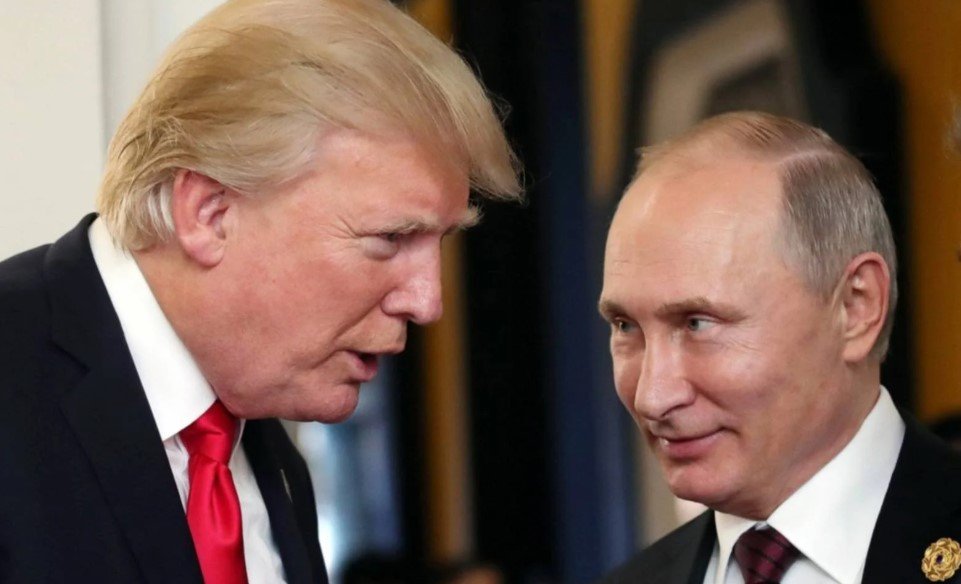High-Stakes Diplomacy Amid Renewed Ceasefire Hopes
U.S. President Donald Trump is set to speak with Russian President Vladimir Putin on Tuesday, a move that could shape the next chapter of the ongoing efforts to secure a ceasefire in Ukraine.
The announcement came late Sunday during Trump’s flight back to Washington from Florida. “I’ll be speaking to President Putin on Tuesday. A lot of work’s been done over the weekend,” Trump told reporters aboard Air Force One.
The call, confirmed by White House special envoy Steve Witkoff earlier in the day, signals a renewed push for diplomacy — and perhaps a breakthrough — in the grinding, nearly two-year-long conflict.
Backroom Talks and Cautious Optimism
Witkoff, speaking on CNN’s State of the Union, hinted that the upcoming conversation could be pivotal. “I expect that there’ll be a call with both presidents this week. And we’re also continuing to engage and have conversation with the Ukrainians,” he said.

Behind the scenes, diplomacy has been simmering. Kremlin spokesman Dmitry Peskov said on Friday that Putin had relayed messages to Trump through Witkoff, describing the mood as one of “cautious optimism,” according to the Interfax news agency.
Peskov’s remarks underscore a sense of careful hope — a glimmer of a possible turning point. Still, the road to a ceasefire remains tangled in mistrust and competing interests.
What’s at Stake for Trump, Putin, and Zelensky?
For Trump, the call carries weight beyond foreign policy. His handling of the Russia-Ukraine crisis has been scrutinized at home and abroad. A successful ceasefire could bolster his standing, especially with a tough election year ahead.
Putin, meanwhile, faces growing internal pressures. Russia’s economy, battered by sanctions and the prolonged war effort, leaves the Kremlin eager to negotiate on its own terms — but not from a position of weakness.
And then there’s Ukrainian President Volodymyr Zelensky. His government remains reliant on Western aid and weapons, while Ukrainian forces continue to resist Russian advances. Any agreement that undermines Ukraine’s territorial integrity would likely face fierce backlash in Kyiv.
Key Factors That Could Shape the Call
Several factors may influence how Tuesday’s conversation unfolds:
- Ceasefire Terms: Both sides want peace, but they’re miles apart on what that looks like. Russia demands recognition of annexed territories, while Ukraine insists on full sovereignty restoration.
- Sanctions: The U.S. holds economic leverage through sanctions. Any easing would likely be contingent on Russian concessions.
- NATO’s Role: Trump’s previous skepticism of NATO complicates matters. Will he reaffirm U.S. commitments, or leave room for Putin to maneuver?
- Domestic Politics: Both leaders face domestic pressures — Trump with elections looming, Putin with rising discontent. The call’s outcome could reshape their political fortunes.
Can Diplomacy Deliver a Breakthrough?
While both sides talk of hope and progress, past attempts have faltered. The Minsk agreements, brokered years ago, remain largely unfulfilled. Trust remains fragile.
But the timing of this call — with diplomatic channels buzzing and messages exchanged — suggests a rare moment of opportunity.
Whether Trump and Putin can seize it is another matter entirely.
